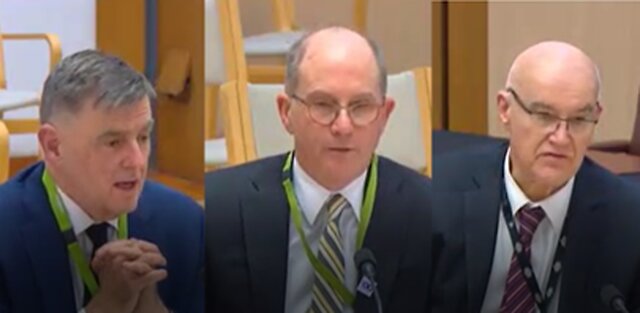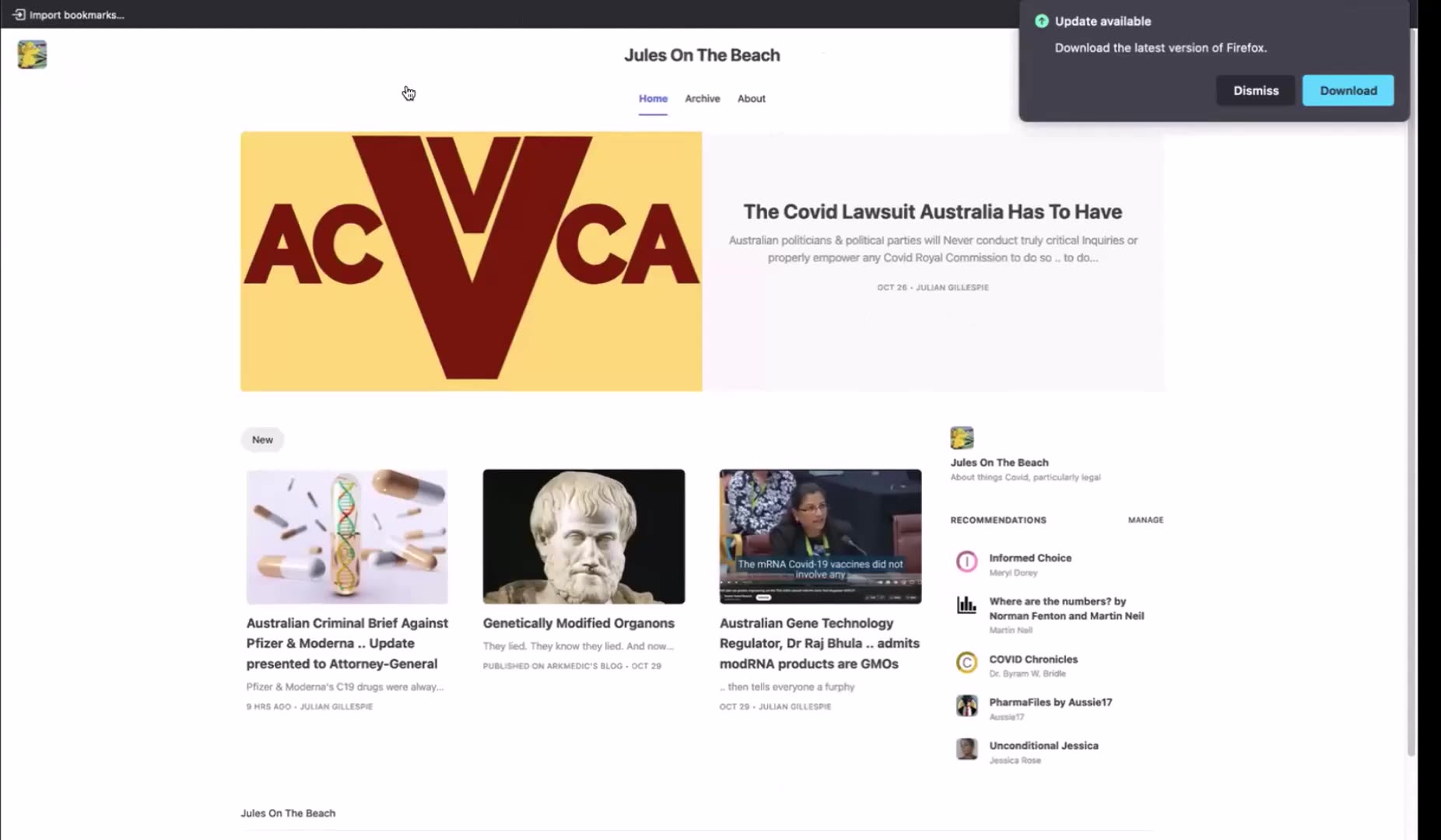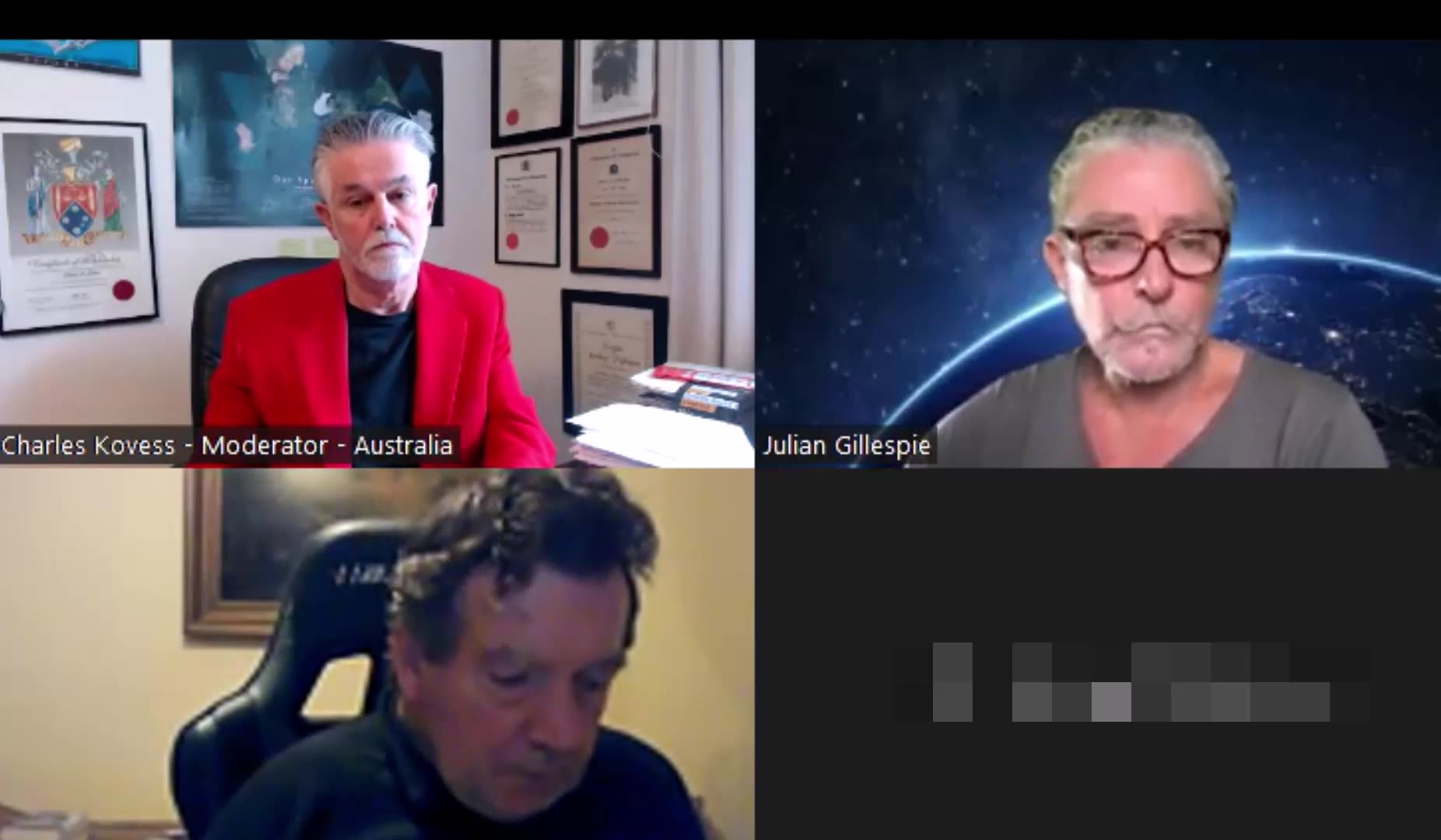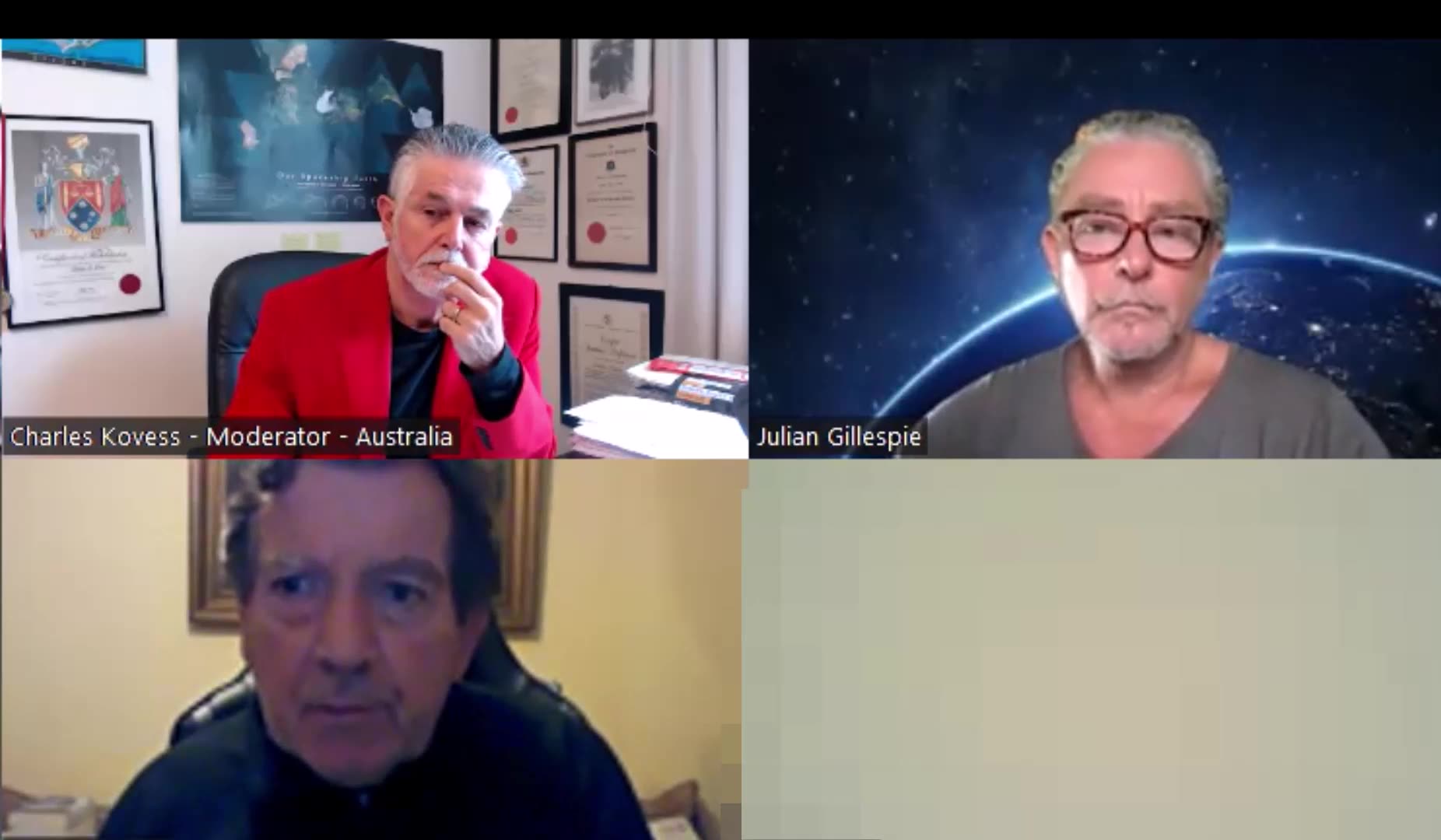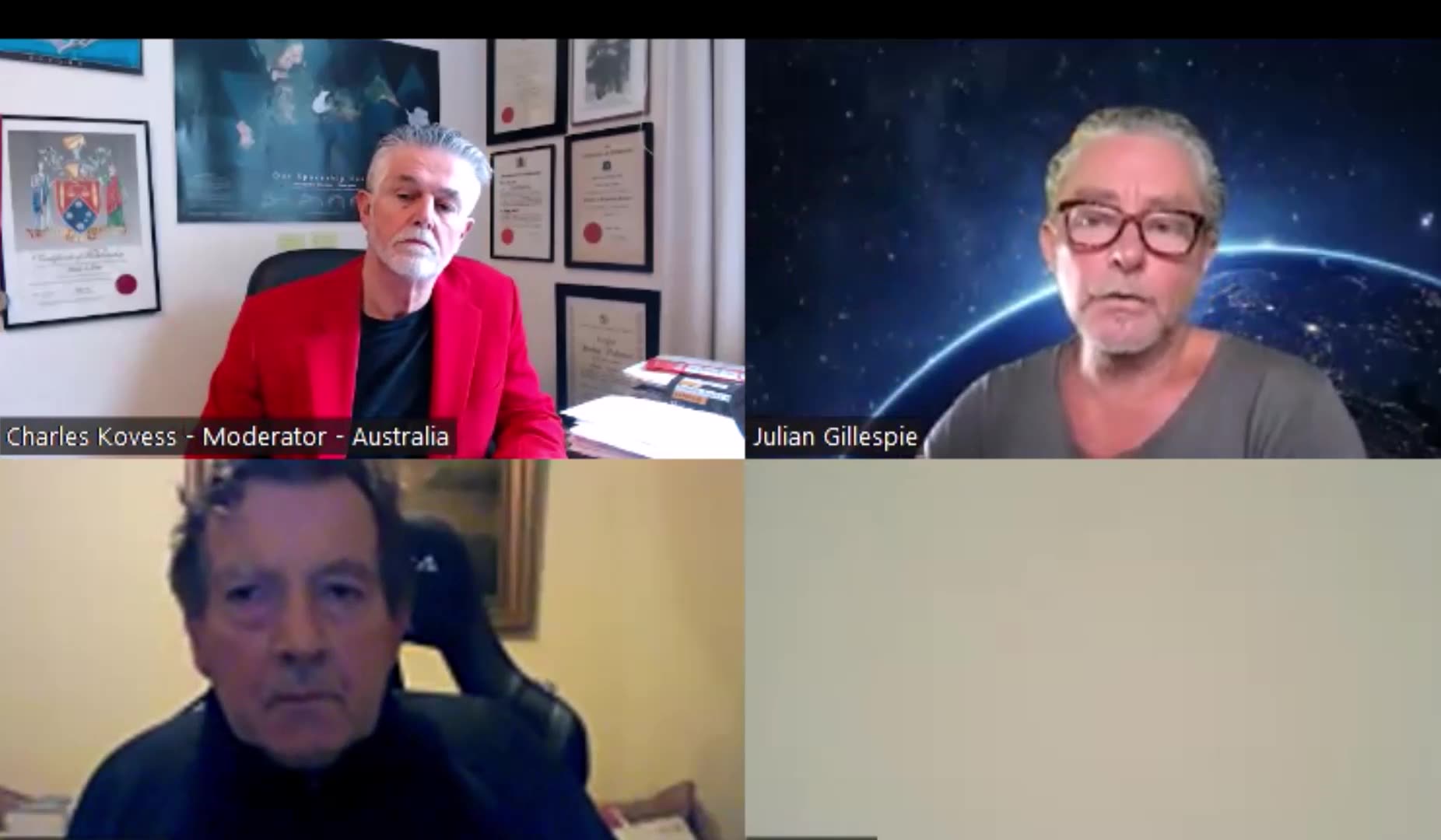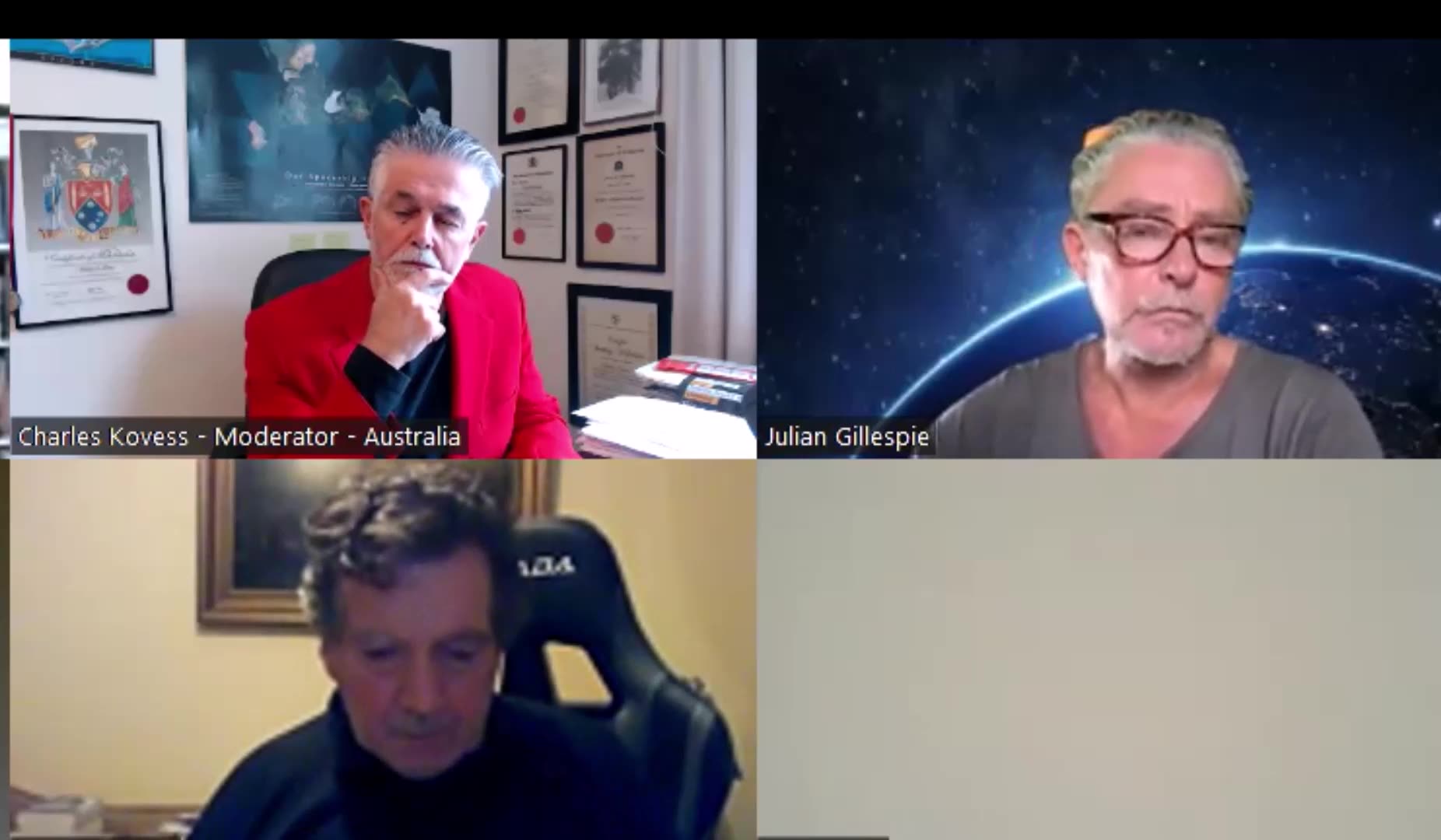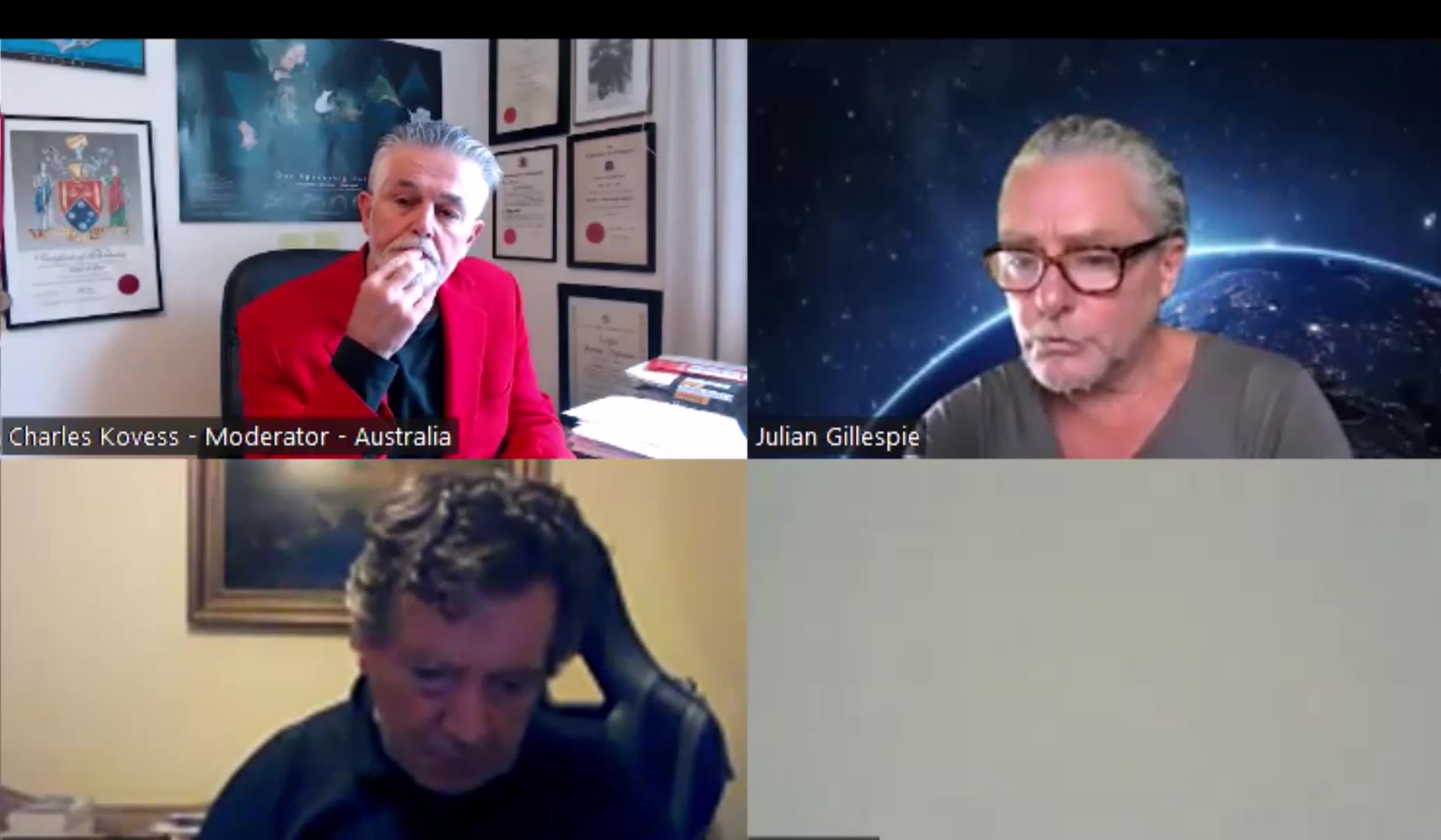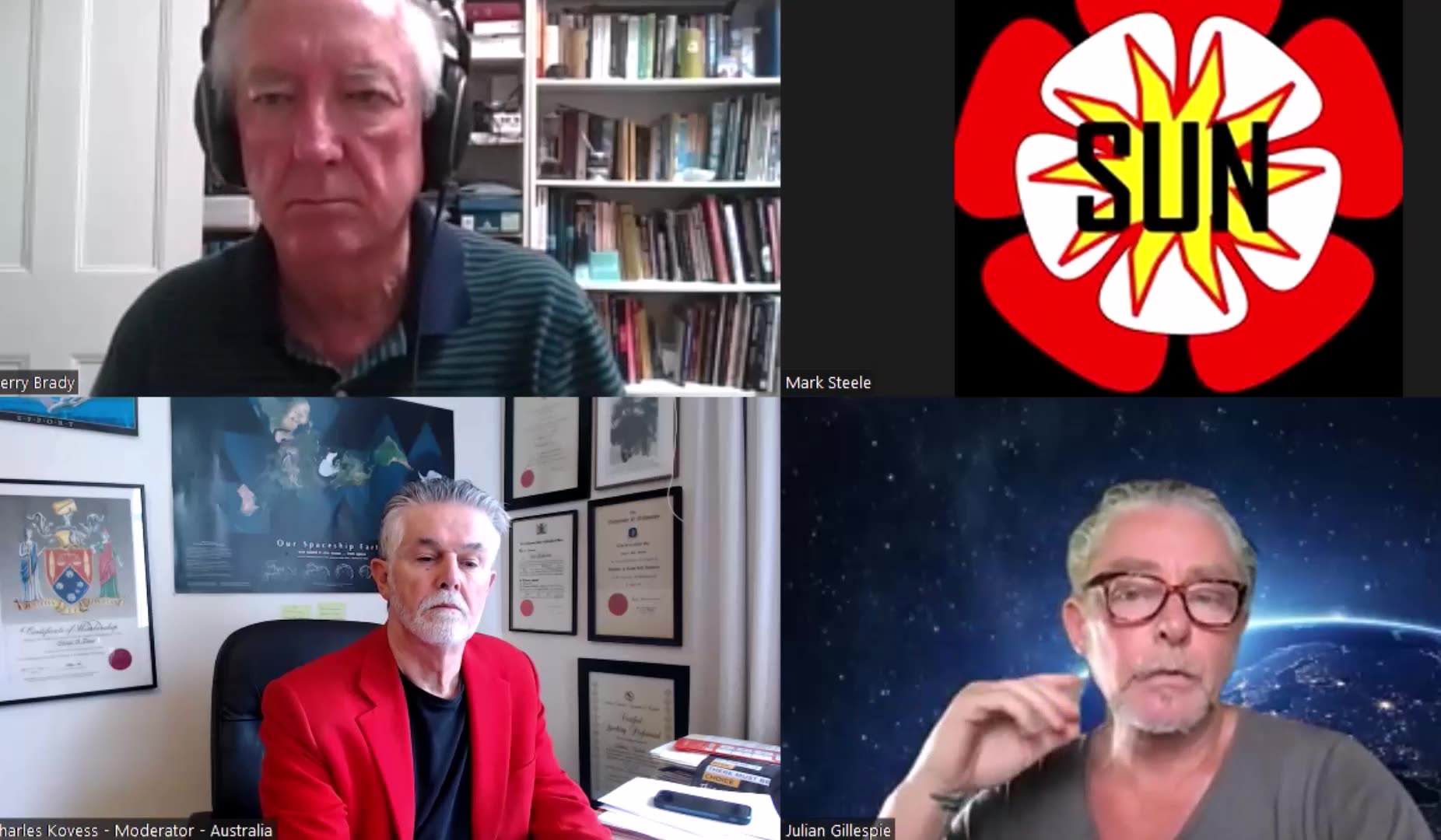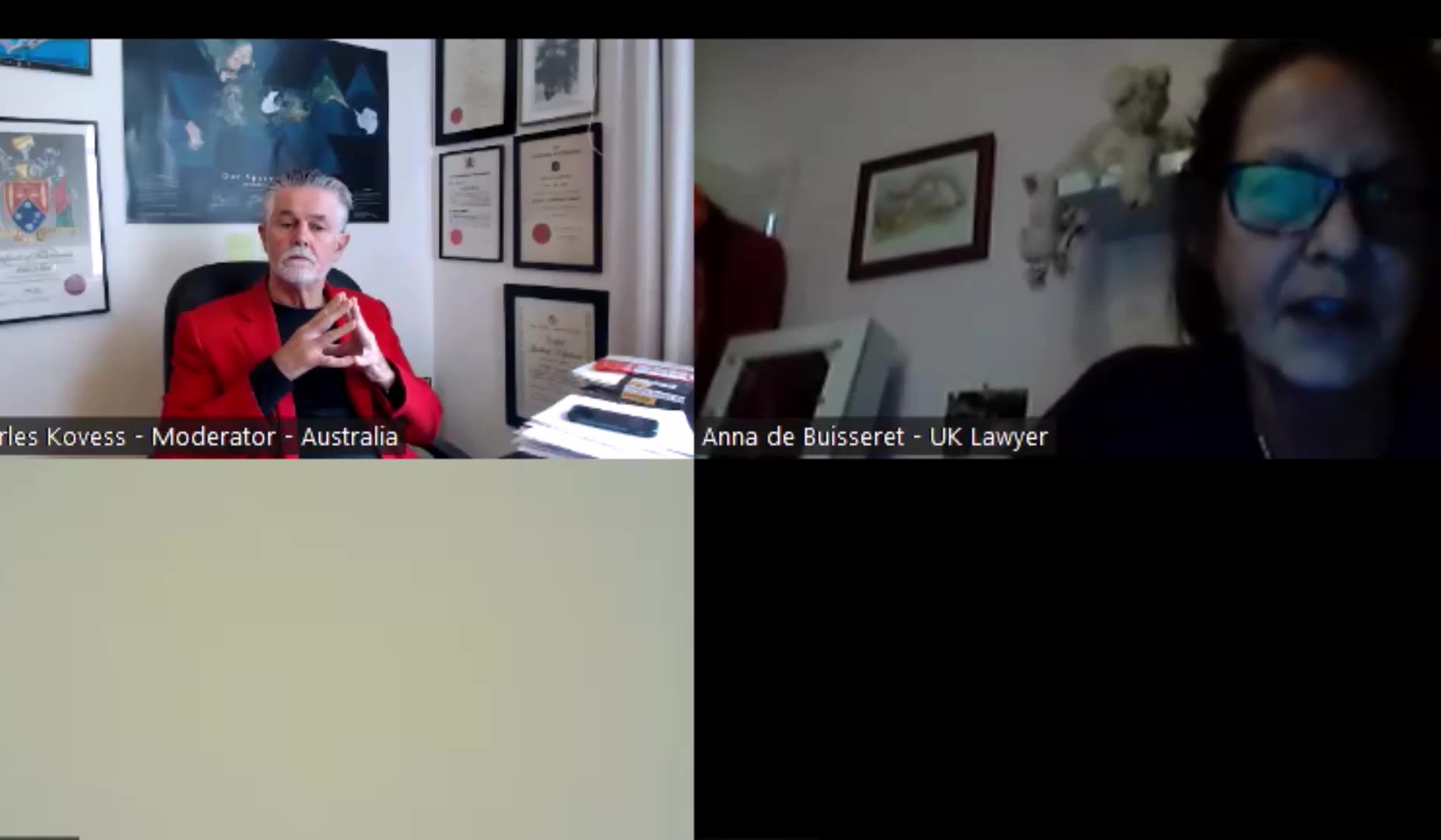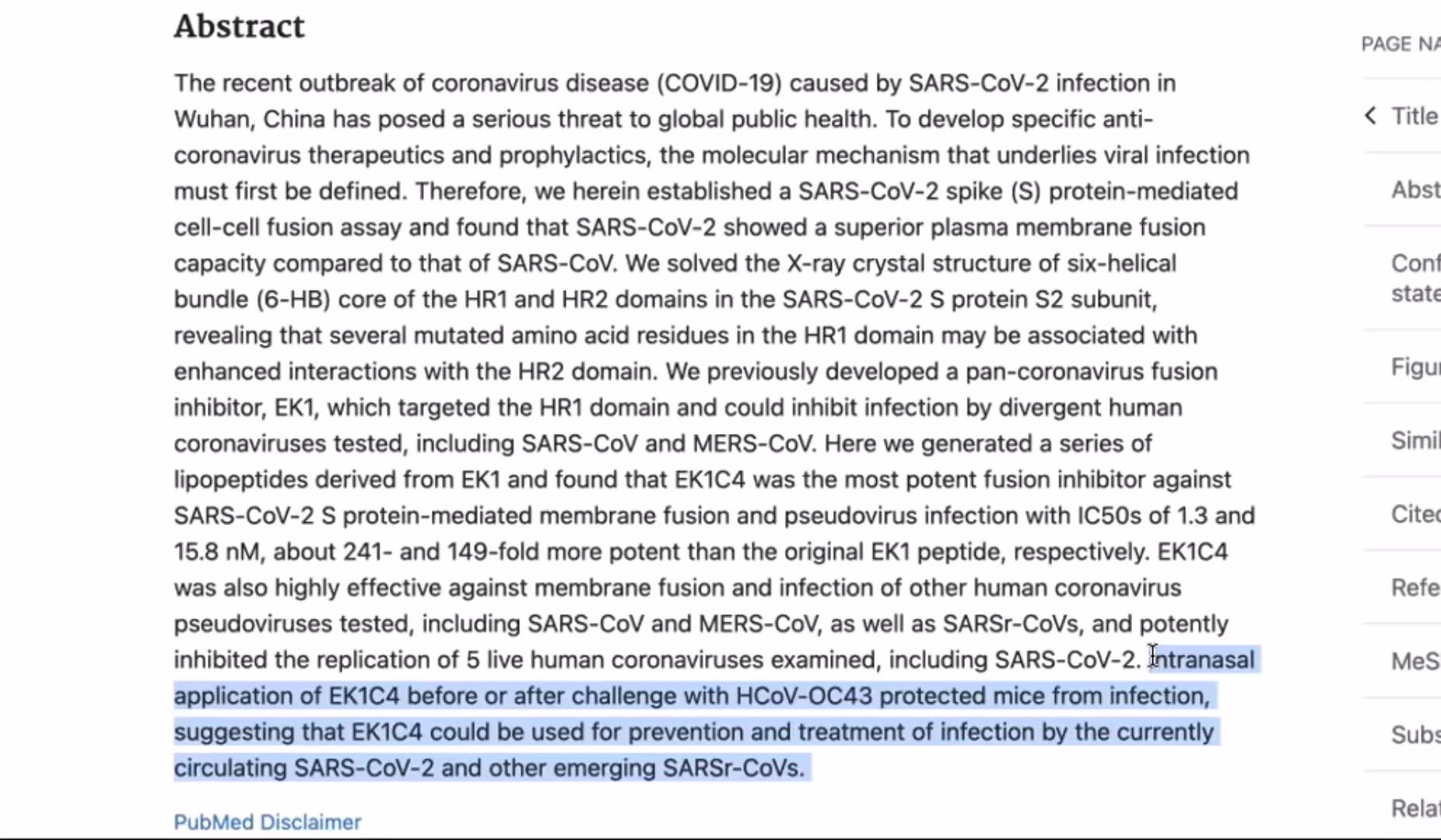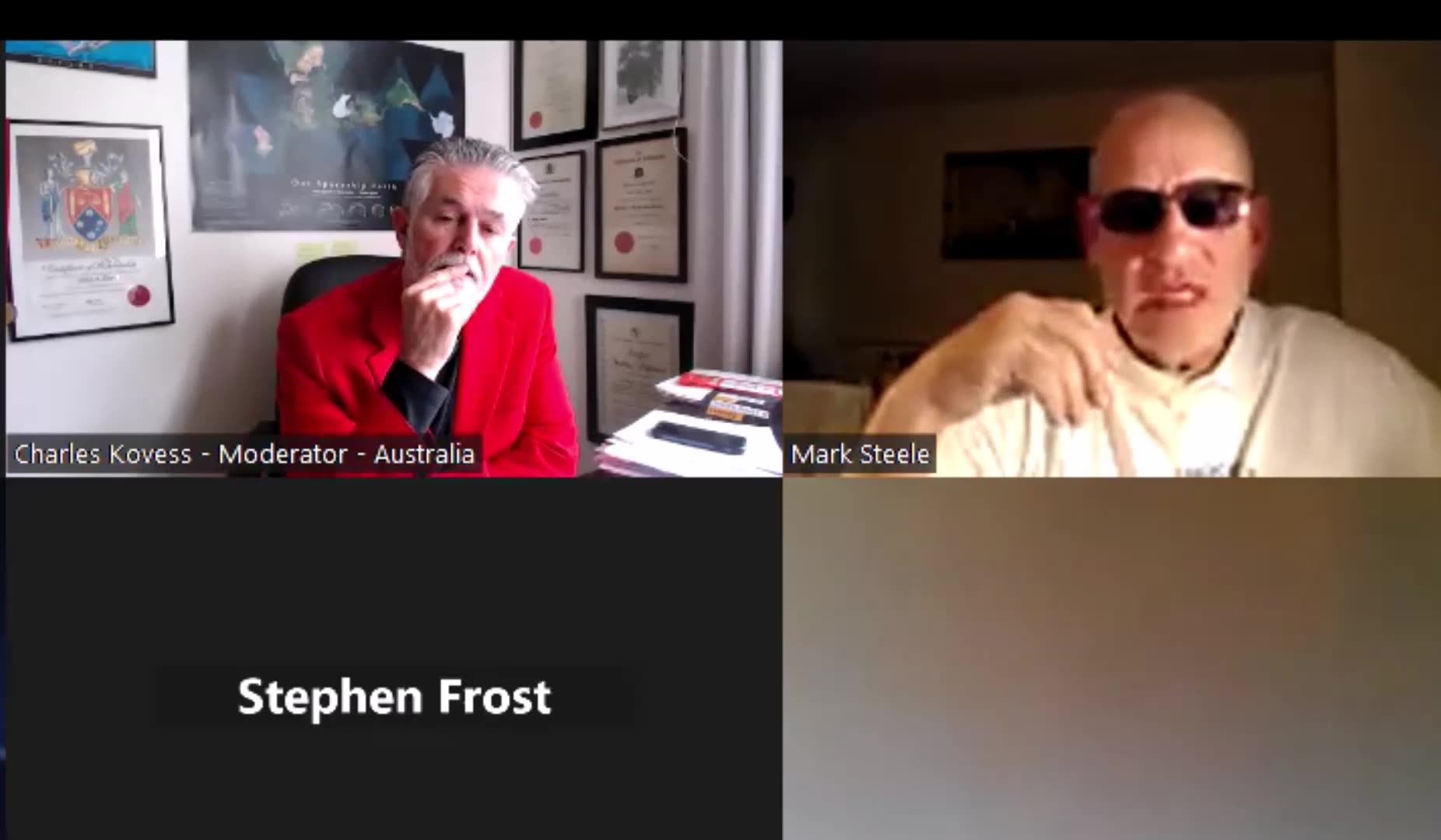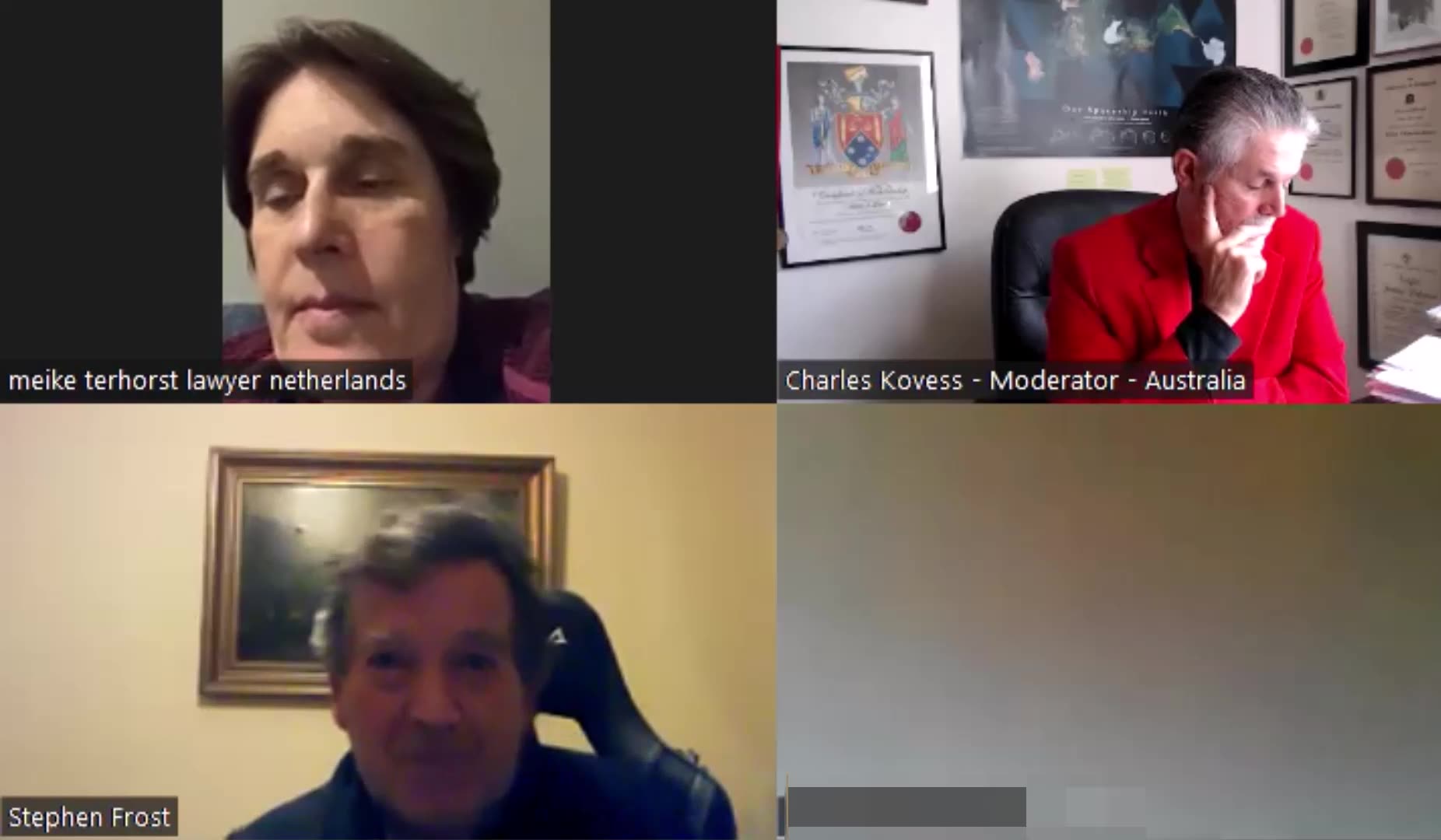Reply to - Questions about censorship following "How Twitter rigged the COVID debate" that need to be answered by the Australian Government.
As many would be aware, following the Twitter revelations about US Government involvement in suppressing credible scientific voices, I sent correspondence to the Australian Government regarding censorship and the flow of information relating to COVID-19 and the associated countermeasures -
https://southausinfocus.locals.com/upost/3276481/questions-about-censorship-following-how-twitter-rigged-the-covid-debate-that-need-to-be-answered
The focus question for this correspondence was –
“What has been, and continues to be, the Australian Government and Australian Media involvement in the "suppression" of credible scientific information and debate for the Australian population to make a truly informed decision regarding the
uptake of the COVID-19 drugs, the use of treatment protocols to reduce the effects of COVID, and other health advice to boost natural immunity?"
In particular regarding:
• The failings of the PCR test, and their use to increase COVID case number
• The ineffectiveness of mask mandates, and the numerous other studies to back this up.
• The suppression of COVID-19 treatments and early treatment protocols available since early 2020
• The harms of the COVID response for Australia and the world.
• The lack of positive health advice to help build and maintain Natural immunity
• Information related to natural immunity v Vaccine acquired immunity
• The evidence of damage to the immune system of the vaccinated.
• The evidence that those choosing not to take the injection are of no higher risk as to the rest of society.
From their response, this is how they address that specific point -
"Any moderation of comment on the Department of Health and Aged Care’s social media platforms is in line with the department’s social media policy, available here (https://www.health.gov.au/using-our-websites/social-media#how-we-manage-and-moderate-content). This policy includes the discretion to remove any comments that breach the terms of use. The department may also close comment sections or block users. This is to ensure that everyone’s experience on the department’s
social media channels, webcasts and online forums is positive, safe, and protective of the health and well being of all Australians."
As expected, they did not nor would not address all the other evidence or points made.
Simply referring to the current Australian Government Crisis Management Framework (AGCMF) - The Australian Government Crisis Management Framework (AGCMF) outlines the Australian Government’s approach to preparing for, responding to and recovering from crises. - https://www.pmc.gov.au/publications/australian-government-crisis-management-framework-agcmf
and
The National COVID-19 Health Management Plan for 2023. - 2
Executive Summary
A National COVID-19 Health Management Plan (the National Plan) has been developed to outline the Australian Government health supports to manage COVID-19 over the next 12 months. These health supports have been informed by the likely 2023 Australian epidemiological outlook and advice from the Chief Medical Officer, Professor Paul Kelly.
https://www.health.gov.au/resources/publications/national-covid-19-health-management-plan-for-2023?language=en
Some highlights
Australia’s COVID-19 response and recovery has three key areas of focus.
Vaccines: Australia’s COVID-19 vaccination program continues to prioritise reducing severe illness and pressure on the broader health system. This includes encouraging the uptake of boosters and ensuring access to new vaccines.
Treatments: The oral antiviral medications available on the Pharmaceutical Benefits Scheme are being prescribed in increasing volumes. These treatments are being prescribed to Australians who are most at risk of severe illness and death – including those in high-risk settings. As new medications are developed, the Australian Government will assess their effectiveness and make them available as needed. Further COVID-19 treatment purchases will continue over 2023, including to assist people whose immune system prevents them from responding to vaccines.
Long COVID: An important aspect of Australia’s COVID-19 recovery will be management of long COVID. Research is continuing into this condition in Australia. Australia’s experience of long COVID is potentially different to many other countries due to our high two-dose
vaccination rates and the fact that our widespread levels of infection only occurred after the Omicron variant emerged. Infection with the Omicron variant is less likely to lead to long COVID than the Delta variant.
Protection provided by COVID-19 vaccines
COVID-19 vaccines protect Australians against serious illness and death and have been instrumental in allowing society to reopen both socially and economically.
Vaccine response measures
The National COVID-19 Vaccine Program will transition over the next 12 months to be better aligned with the objectives of the National Immunisation Program. During this phase, the Australian Government will carefully consider the recommendations made by Professor Jane Halton AO in her review of vaccine and treatment procurement.
Informed community, informed COVID-19 choices
The Australian Government is committed to making sure that the community has up to date and accurate information about COVID-19. This information will support Australians to make informed choices to maximise their protection against COVID-19 – including how, together, we can take action to move beyond the pandemic.
The key ways to protect yourself, fellow Australians and the health system are to:
• stay up to date with recommended vaccines
Future national communications campaigns will focus on:
• the National COVID-19 Vaccine Program – encouraging uptake in any additional doses recommended by ATAGI
Australia’s pandemic preparedness
There are many lessons and opportunities that have been highlighted throughout the pandemic, including the importance of emergency planning and a coordinated response capability.
Establishing an Australian Centre for Disease Control (CDC) will help to leverage the lessons from COVID-19 and prepare Australia for future pandemics and other public health challenges. An Australian CDC will also boost emergency response capacity, strengthen prevention, communication and national coordination, and enhance collaboration across all levels of government.
Long COVID research
It is recognised that as we learn more about Australia-specific long COVID, different types of health care may be required for people with long COVID, depending on their symptoms and circumstances.
So there you have it, none of this addresses harms from the COVID Countermeasures and were is the ongoing research into the evidenced effects of COVID Countermeasures such as injury, disability, hospitalization and death, for which a compensation scheme has been established.
